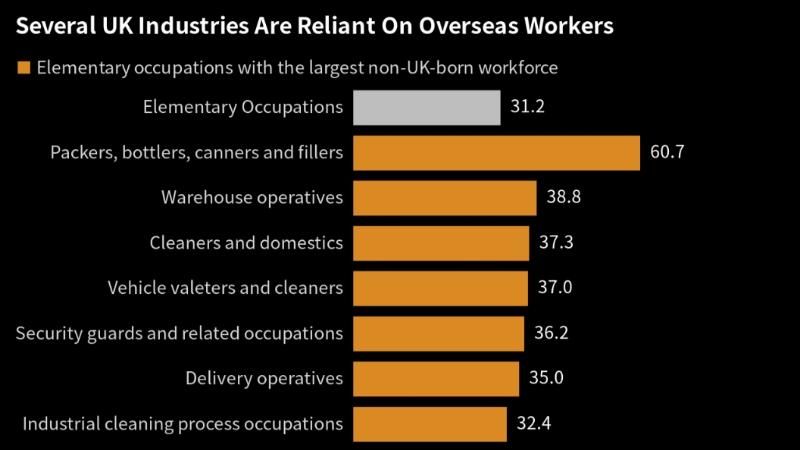In the recent King's Speech, Sir Keir Starmer outlined Labour's ambitious workers' rights plans, which ensure the right to flexible working from "day one" whenever possible. While this legislation attempts to update the workplace, small business owners in England are concerned about the potential impact on their operations.
The proposed legislation proposes to make flexible working the default for all employees from the start, except where it is not practically practicable. The law also aims to prohibit zero-hour contracts, protect employees from unjust termination, and guarantee timely access to parental and sick leave. Labour first proposed these reforms in July 2021, with Deputy Leader Angela Rayner highlighting that the program is about more flexible working arrangements than only working from home.
Despite the policy's progressive goal, independent small enterprises in Scotland and England fear that such reforms could have terrible consequences. They estimate a 60% decrease in foot traffic, which mirrors the difficulties encountered during the COVID-19 lockdowns. Newcastle's main street companies have been particularly vociferous, predicting big income cuts if office workers transition to remote work.
"It is not a good idea at all," said George Koumpanakis, an employee at Acropolis, a Greek restaurant in Grainger Market. Koumpanakis, 49, explained that their firm is primarily reliant on office workers visiting during lunch periods. He thinks that if the regulation is adopted, they will "most likely lose around 60% of their business."








.svg)



